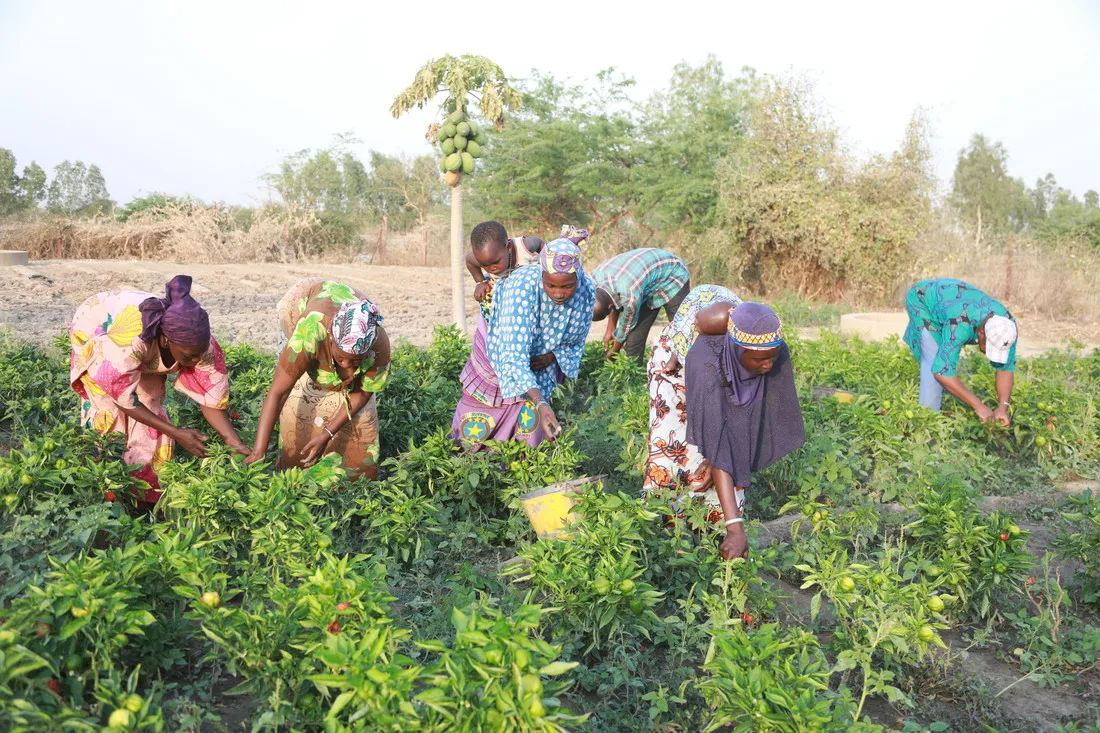About the Crisis in Mali
About 4.3 million people are in need of humanitarian assistance in 2020, and 1.1 million people will be severely food insecure in the country during the lean season (June to August 2020).
The combined effects of armed conflict and the lasting impacts of the 2012 food crisis in the north of Mali, combined with poor recent harvests, have had a severe effect on the country’s people. Today, many are trying to get by without adequate access to food, shelter, protection or basic services, such as education and healthcare.
Children have been some of the worst affected. When the displacements began, there were reports that some children were traveling by themselves, while others were hiding in their homes without access to food, water or basic resources. Parents on the move pulled children out of school. With the savings from school fees, some were able to find shelter, but many were not as fortunate. So many children have been traumatized by conflict, suffered from malnutrition and fallen behind in their development and education. For them, food and a place to call home cannot come soon enough.
Women are suffering disproportionally, too. Women are the ones who are most often on the run, with their children in tow. In regions where fighting occurred, women reported cases of physical, psychological and sexual violence, as well as a lack of resources and services to which they can turn.

